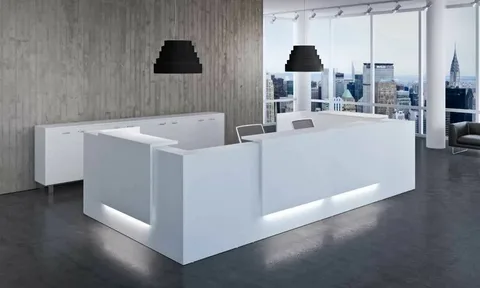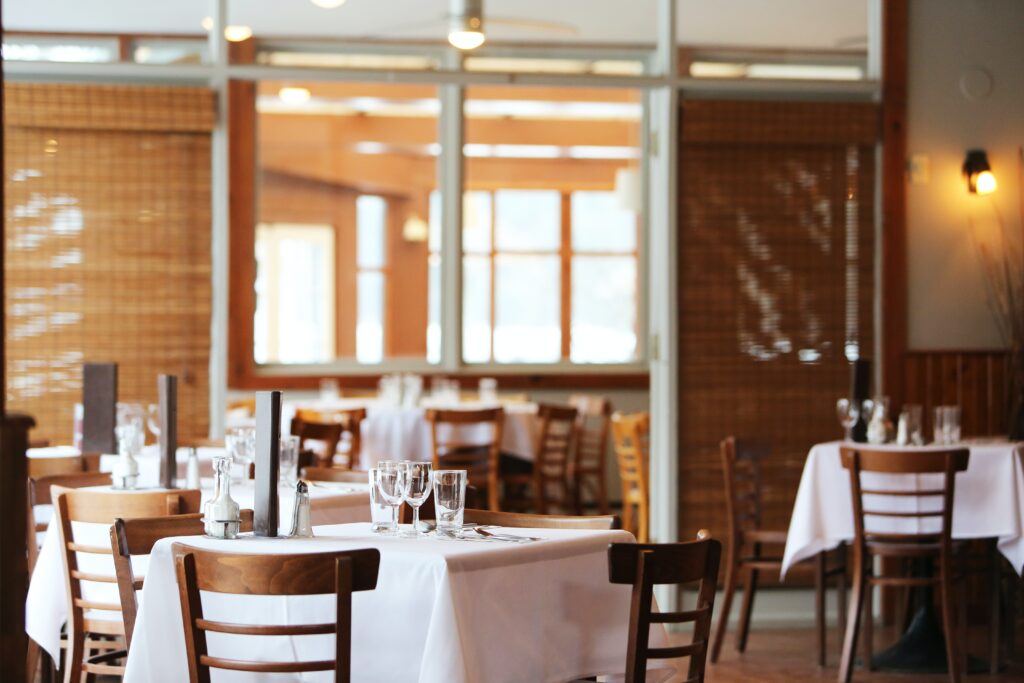The reception area of your office serves as a space that shapes a memorable first impression, not only for clients but also for your employees. One of the most important features in this space is your reception desk. Reception desks in Melbourne come in various styles to suit the unique needs of your office, so whether your goal is to project professionalism, creativity, or a welcoming environment, choosing the right reception desk can set the tone for your entire office.
In Melbourne, you’ll find a range of reception desks, from timeless traditional designs to sleek, modern pieces, and even bold industrial styles. Knowing the various options available will help you choose the perfect desk that complements your business’s identity. Let’s dive into the different styles!
Traditional Reception Desks: Timeless Elegance and Prestige
Traditional reception desks convey a sense of elegance and sophistication, often crafted from wood with intricate detailing. These desks are favoured by Melbourne businesses aiming to project professionalism, heritage, and a touch of luxury. Think wood tones and brass accents, these are some elements that evoke a sense of prestige and stability.
Common Features:
- Wooden finishes: Rich woods in shades from light oak to deep walnut are commonly used to create a warm, welcoming environment.
- Intricate detailing: Profiled edges, decorative mouldings and elegant drawers are common in traditional designs.
- Classic colour schemes: Deep browns, burgundy, and brass tones contribute to the formal look of traditional reception desks.
Contemporary Reception Desks: Sleek and Stylish
For businesses seeking a streamlined, modern look, contemporary reception desks are an ideal choice. Characterised by clean lines, minimalist design, and functional features, these desks create a polished, professional environment in any Melbourne office. Perfect for businesses wanting to achieve a fresh, modern vibe, these desks are both stylish and practical.
Common Features:
- Straight lines and simplicity: A minimalist design, focusing on form and function.
- Modern materials: Glass, stainless steel, and high-quality laminates are frequently used to create a sleek, modern look.
- Neutral tones: Light greys, blacks, and whites are commonly chosen to match contemporary office interiors.
These desks often feature built-in storage or lighting, creating a polished and practical workspace. For a more tailored solution, many businesses choose custom-built reception desks to ensure a perfect fit for their needs and office environment.
If you’re considering a contemporary reception desk for your Melbourne office, there is a wide range of customisable options are available.
Industrial Reception Desks: Bold and Unique
If your business wants to make a statement, an industrial-style reception desk is an excellent option. Inspired by the aesthetic of urban warehouses, factories and lofts, these desks are extremely popular among Melbourne’s creative industries, tech startups, and co-working spaces to embody an innovative, forward-thinking approach.
Common Features:
- Materials: Metal, concrete, and reclaimed wood are often used to give the desk an unfinished, rugged look.
- Exposed elements: Visible bolts, rivets, materials and unfinished edges contribute to the industrial charm.
- Bold colours: Dark tones such as charcoal, rust, and deep browns are common in industrial designs.
Choosing the Ideal Reception Desk for Your Melbourne Office
When selecting the perfect reception desk, it’s important to balance aesthetics with practicality while ensuring the desk aligns with your brand identity. Whether you prefer the sophistication of traditional designs, the sleekness of contemporary styles, or the boldness of industrial aesthetics, there’s a reception desk option to suit your office.
Consider your office’s overall design, the tone of your brand, and the functional needs of your reception area.
A well-designed reception desk is more than just a functional piece of furniture—it sets the tone for your business and makes a lasting impression on visitors.

